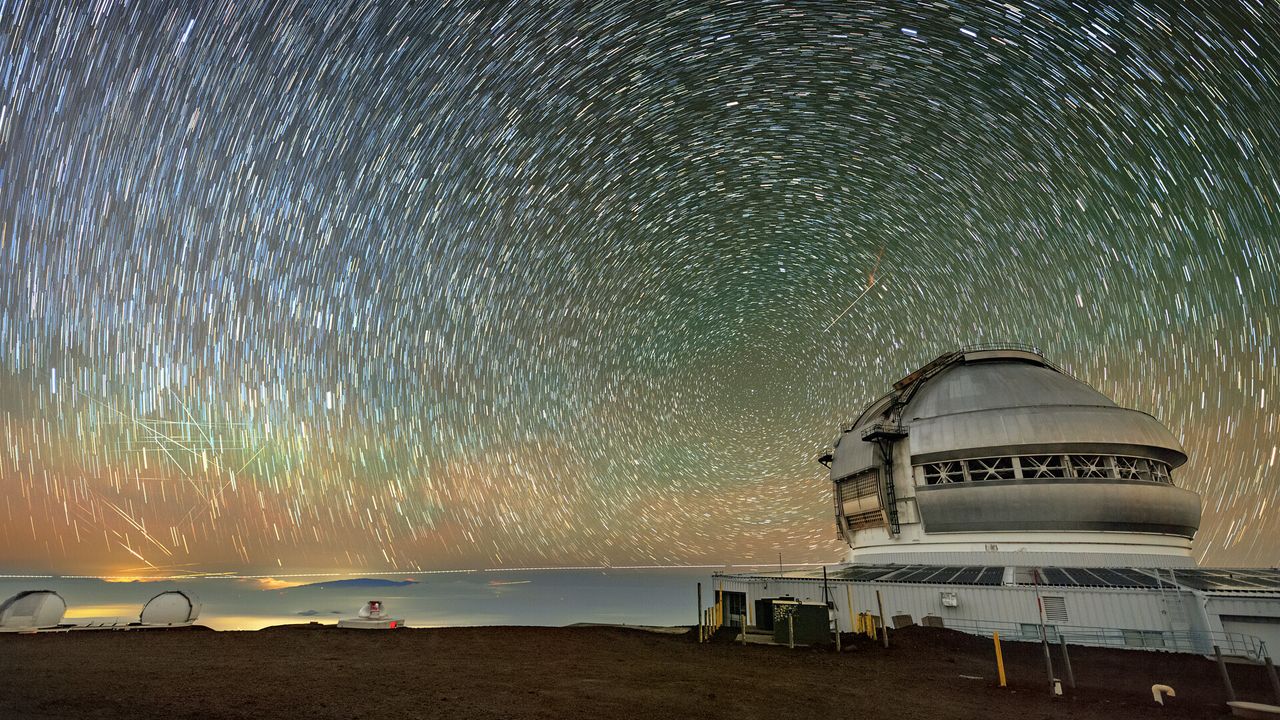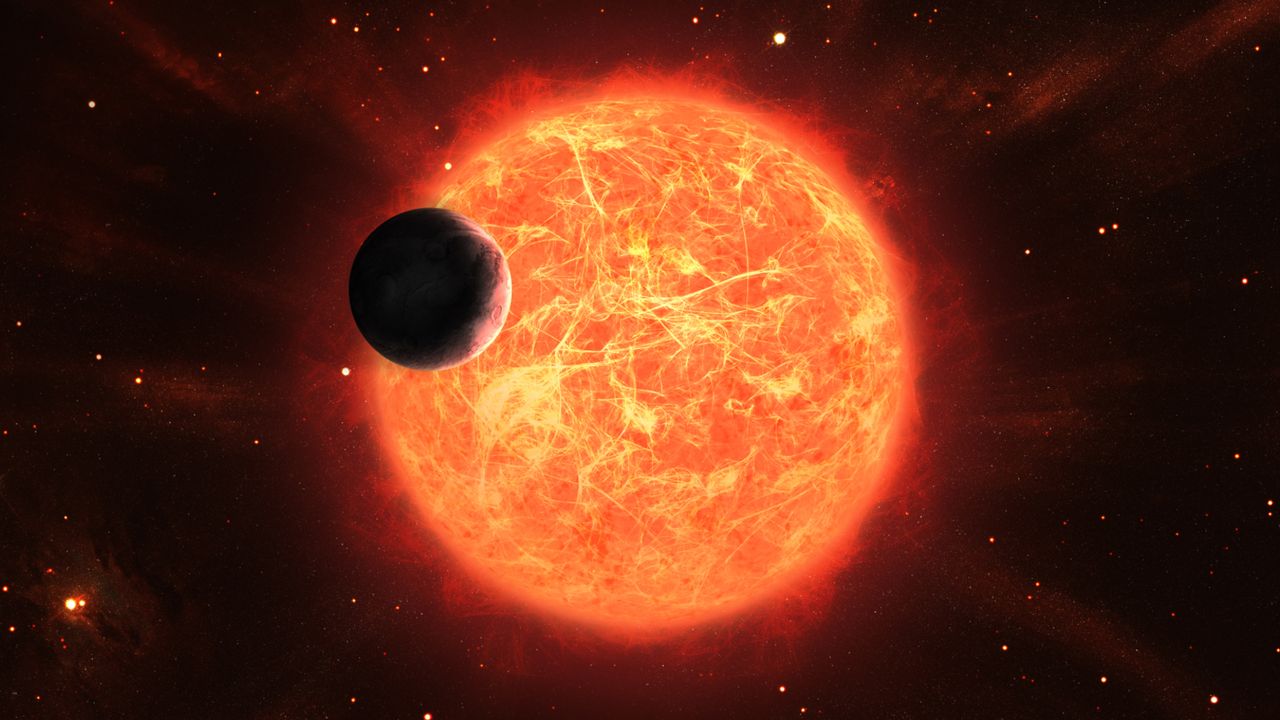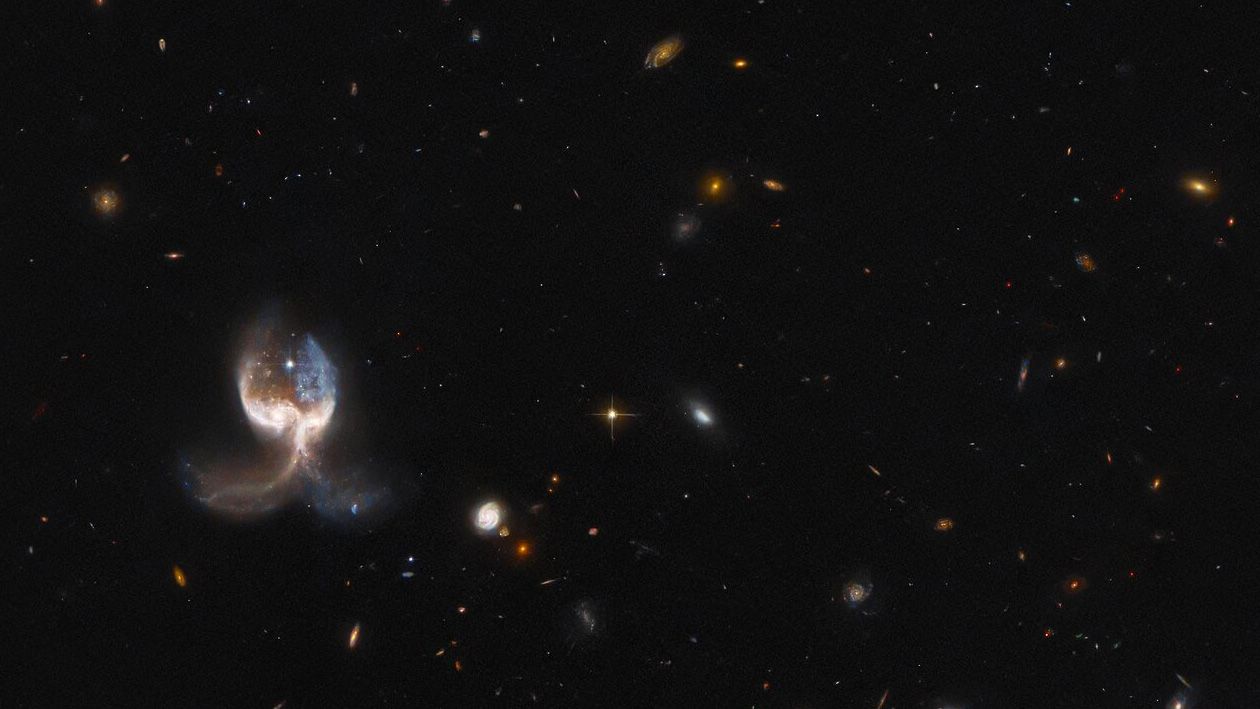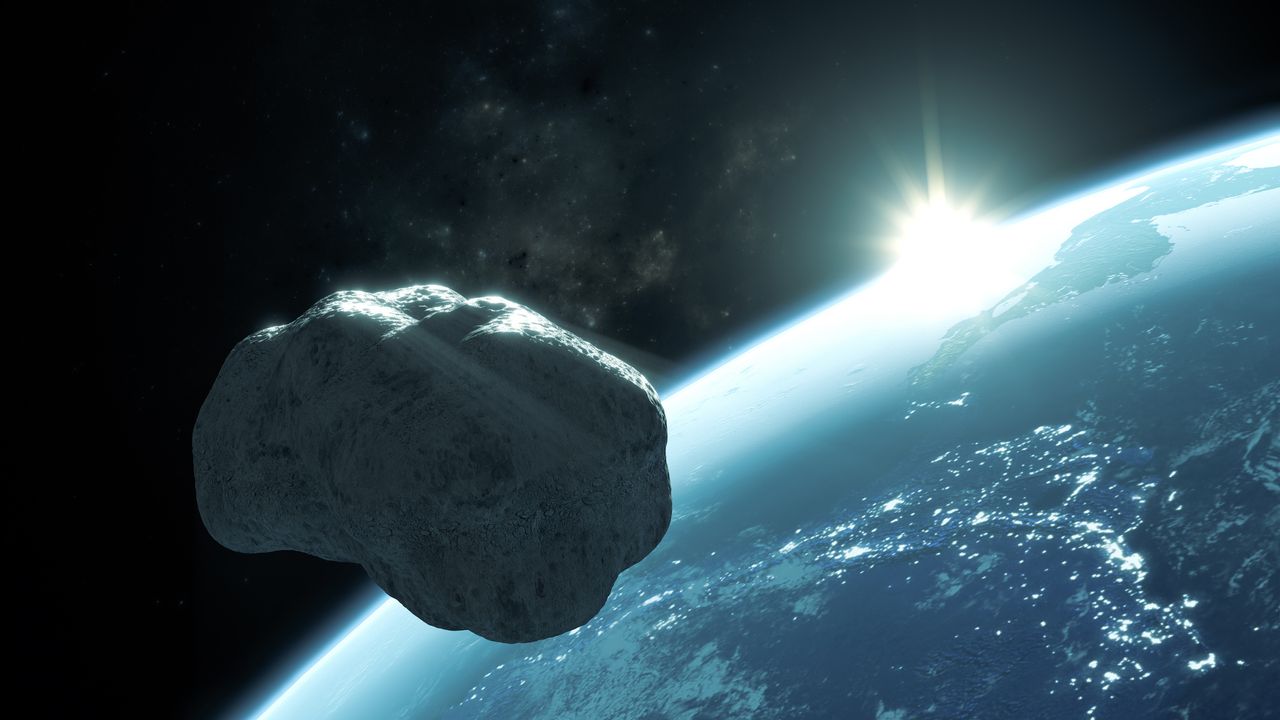Could the world's 1st private space telescope help find stars with habitable exoplanets?
PositiveScience
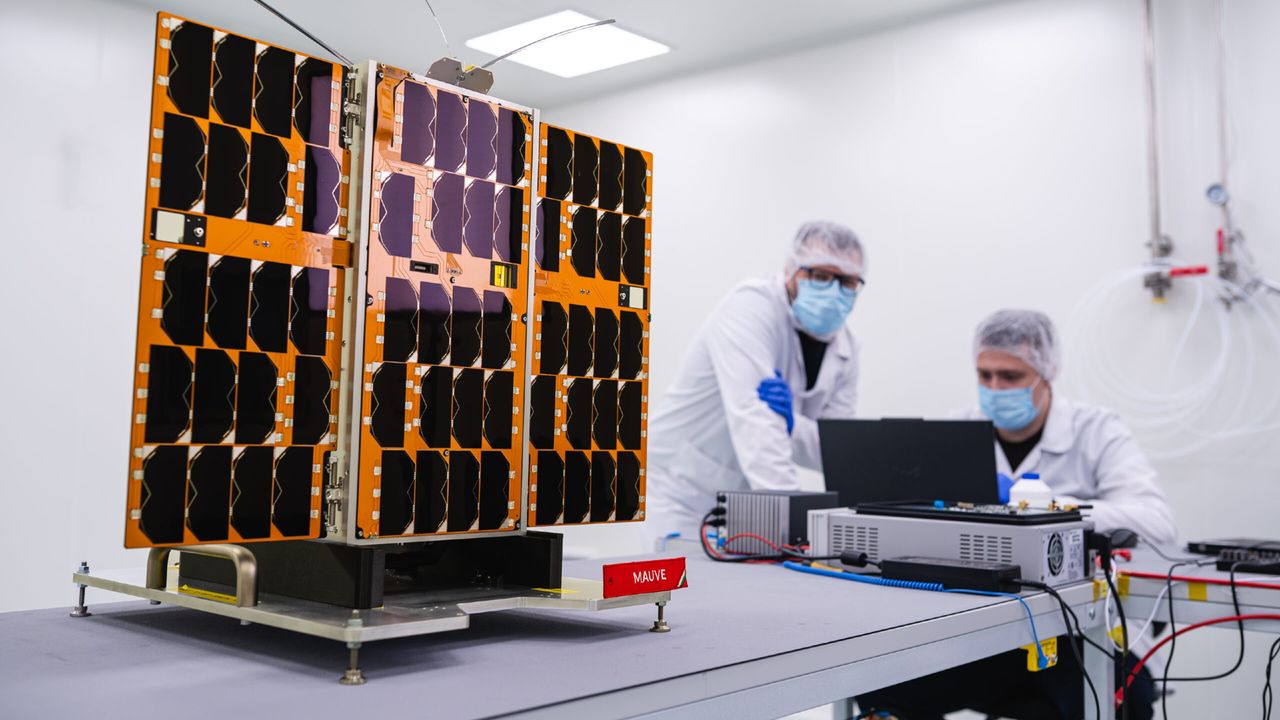
The launch of the world's first commercial astronomy space telescope marks a significant milestone in the search for habitable exoplanets. This innovative telescope aims to identify stars that could potentially host planets capable of supporting life. Its success could revolutionize our understanding of the universe and the possibilities of life beyond Earth, making it a crucial development in both science and technology.
— Curated by the World Pulse Now AI Editorial System
